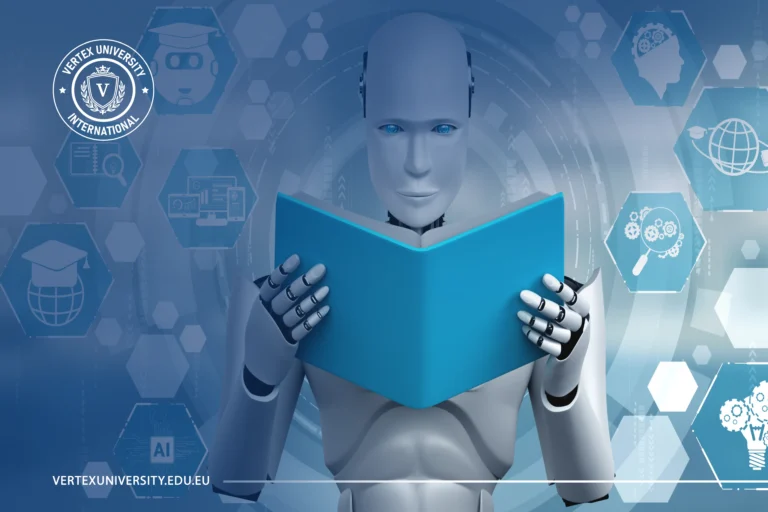Many people today believe that artificial intelligence (AI) poses a threat to their continued employment. They see it as a competitor taking over their jobs and tasks. With its rapid development, AI has become capable of performing many tasks with high efficiency—sometimes surpassing human capabilities. This has opened up new horizons for innovation and productivity, while raising concerns about the future of traditional jobs and the human role in future work environments. These concerns have created fear and uncertainty for many. Therefore, it is crucial to approach AI as a tool for empowerment, not replacement—a supportive assistant, not a substitute.
What Is Artificial Intelligence?
Artificial intelligence is a branch of computer science that utilizes modern sciences and technologies to simulate human cognitive abilities through machines and software. AI encompasses a wide range of fields, including machine learning, big data analysis, and computer vision.
It has developed at an accelerated pace to become an integral part of our daily lives—from voice assistants to smart systems used in industrial and healthcare sectors.
The Impact of AI on the Job Market
The global job market is undergoing profound changes due to the widespread adoption of AI. Companies are increasingly replacing routine and simple tasks with intelligent systems to save time and resources and boost productivity.
As a result, the demand for certain traditional jobs has declined, while the need for roles in programming, innovation, and technology management has grown.
Although some jobs have disappeared or changed in nature, AI has also created new opportunities that require advanced skills such as data analysis, algorithm development, and cybersecurity.
It has become essential for individuals to understand these shifts and work on developing skills that align with the future demands of the job market.
Tips for Students: Choosing the Right Specialization
Choosing a university major is no longer a decision based solely on personal interests. It should be a strategic move based on a future-focused perspective.
Students should consider majors that integrate technology with human-centric skills, such as data science, artificial intelligence, cybersecurity, engineering, and programming—fields expected to grow significantly in the coming years.
In addition, attention should be given to disciplines that are difficult to fully automate, such as creative roles, strategic analysis, and medical professions.
How to Equip Yourself with the Right Skills
To ensure that AI becomes a partner rather than a rival, you must equip yourself with a diverse set of skills. Start by learning essential technical skills like programming and data analysis.
It’s also important to understand how AI systems work and how they can be applied in different industries.
At the same time, do not neglect personal skills such as critical thinking, creativity, time management, and teamwork—qualities that are challenging for machines to replicate or replace.
Moreover, embrace a culture of lifelong learning through specialized courses, professional certifications, and participation in workshops and tech events that keep you up-to-date with the latest trends.
How Vertex International University Supports Its Students
Vertex International University is committed to staying abreast of technological advancements and ensuring its students are ready for the job market—especially as AI adoption accelerates.
The university offers modern curricula focused on practical application and combines theoretical knowledge with hands-on learning to meet global standards of digital education.
Additionally, the university provides internationally accredited academic programs in highly sought-after disciplines and adopts innovative teaching methods based on smart and interactive learning.
It also works to establish partnerships with leading local and global institutions to open real-world training opportunities for its students—equipping them with valuable experiences and preparing them for promising career paths.
Conclusion
AI is not a threat to those who are well-prepared for the future. It can become a powerful ally for those who master its tools and continually develop their skills.
Since change is inevitable, the real key to success lies in continuous learning, adaptability, and anticipating change before it happens.







